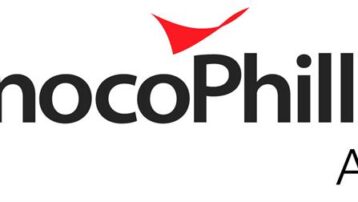In the fall, thousands of young Alaska children will begin kindergarten. What can parents do over the summer to help their children be ready for the new challenges of kindergarten? Will teaching children letters and numbers guarantee their success? You may be surprised at a kindergarten teacher’s five recommendations to parents.
All Alaska children begin school ready to succeed—that is the Best Beginnings vision.
About 10,000 children will be enrolled in kindergarten classrooms around our state in the fall, and many of their parents are wondering now if their children will be ready. But what does “ready for school” mean? And what can parents do to help?
There is a lot of information on the Internet and in bookstores about how to get children ready for kindergarten.
The ultimate goal is that children will be curious about their world, develop a thirst for learning, be healthy, and get along with others.
Kindergarten teacher Francie Alexander, writing for Scholastic Parents, provides these five recommendations for helping prepare children for school: talking, learning, moving, sharing, and remembering. These are activities many parents do naturally with their children, but may not know their power in developing school readiness skills. No rote drills or expensive kits are needed!
- Talk with your child about what you’re doing, looking at, or thinking about. Sharing books is another easy way to encourage language.
- Children really are learning from the moment they’re born, so provide opportunities for learning experiences. Experiences should include exposure to numbers and letters, but that’s not all. Consider how you can help your child learn about science, art, music, history, and so on.
- Children love to run and skip and jump, but many need encouragement to be more active, and, thus, healthier.
- With the emphasis on teamwork in the workplace, learning to share and get along with others will help your child throughout life.
- Developing memory skills is important for learning, in school and in life. Creating books about family celebrations or retelling a favorite story can help.
You might enjoy taking another look at Robert Fulghum’s All I Really Need to Know I Learned in Kindergarten, as well as further Kindergarten Readiness Resources and Reports we have gathered.
Ensuring children are ready for school is only half the story.
We need to make sure schools are ready for children. Larry LeDoux, commissioner of Alaska’s Department of Education & Early Development, and I have begun a conversation about bringing together Alaskans to determine what we mean by “school readiness” and what “ready schools” look like. I think that will be very helpful as various early childhood efforts are assessed
Best,
Abbe

